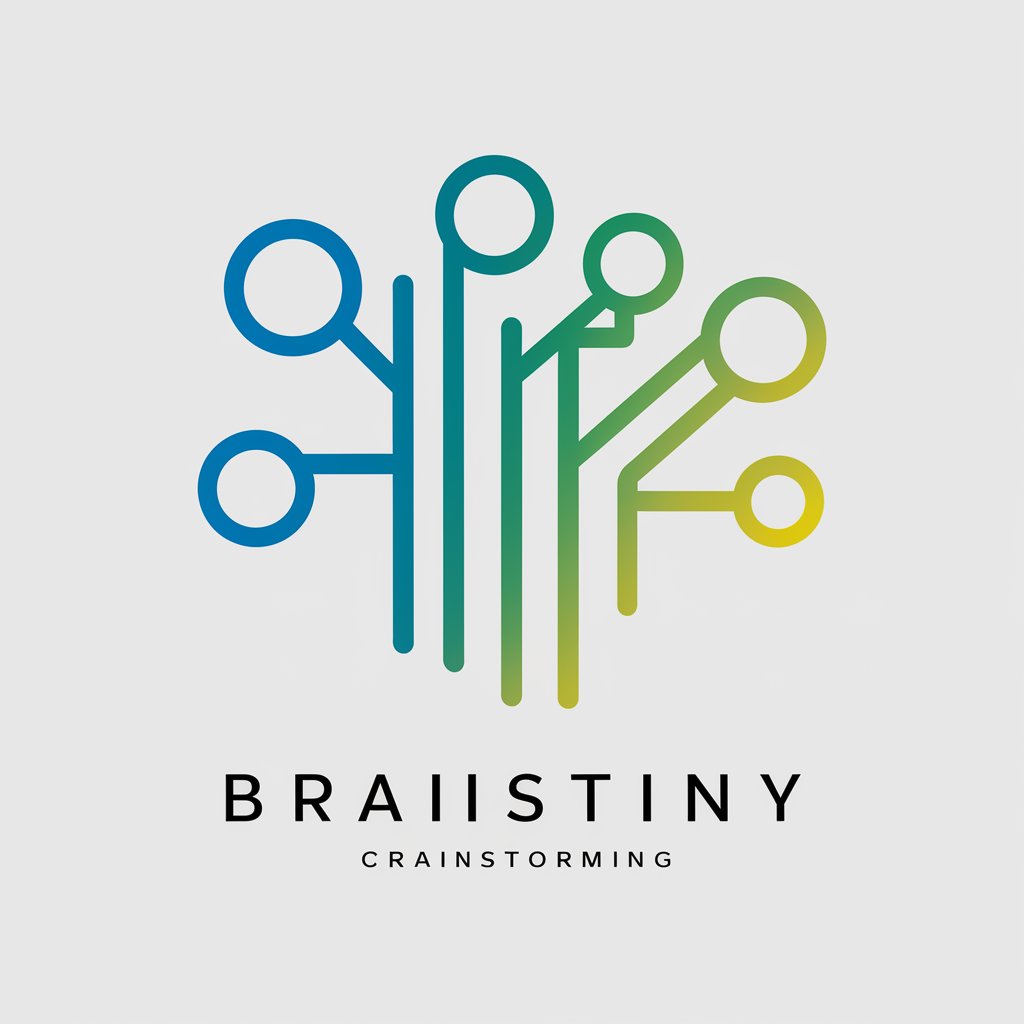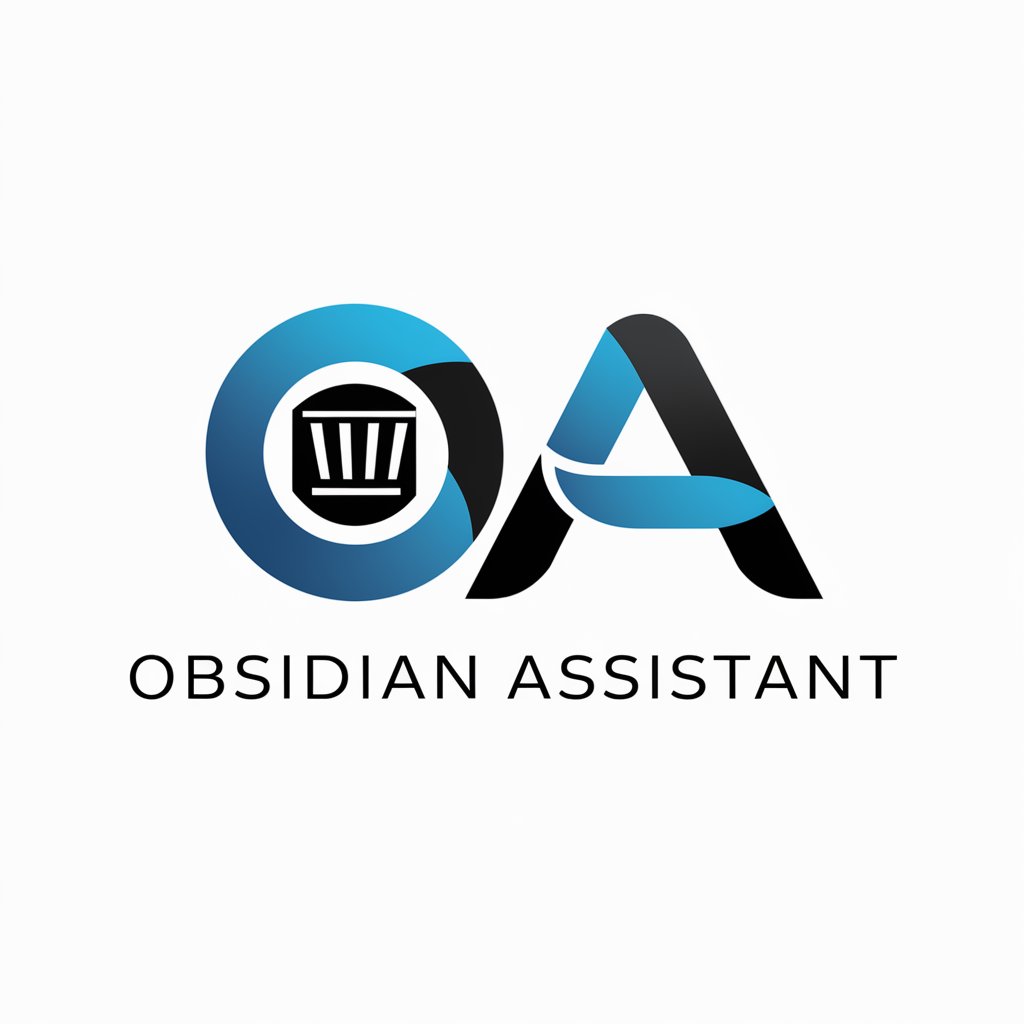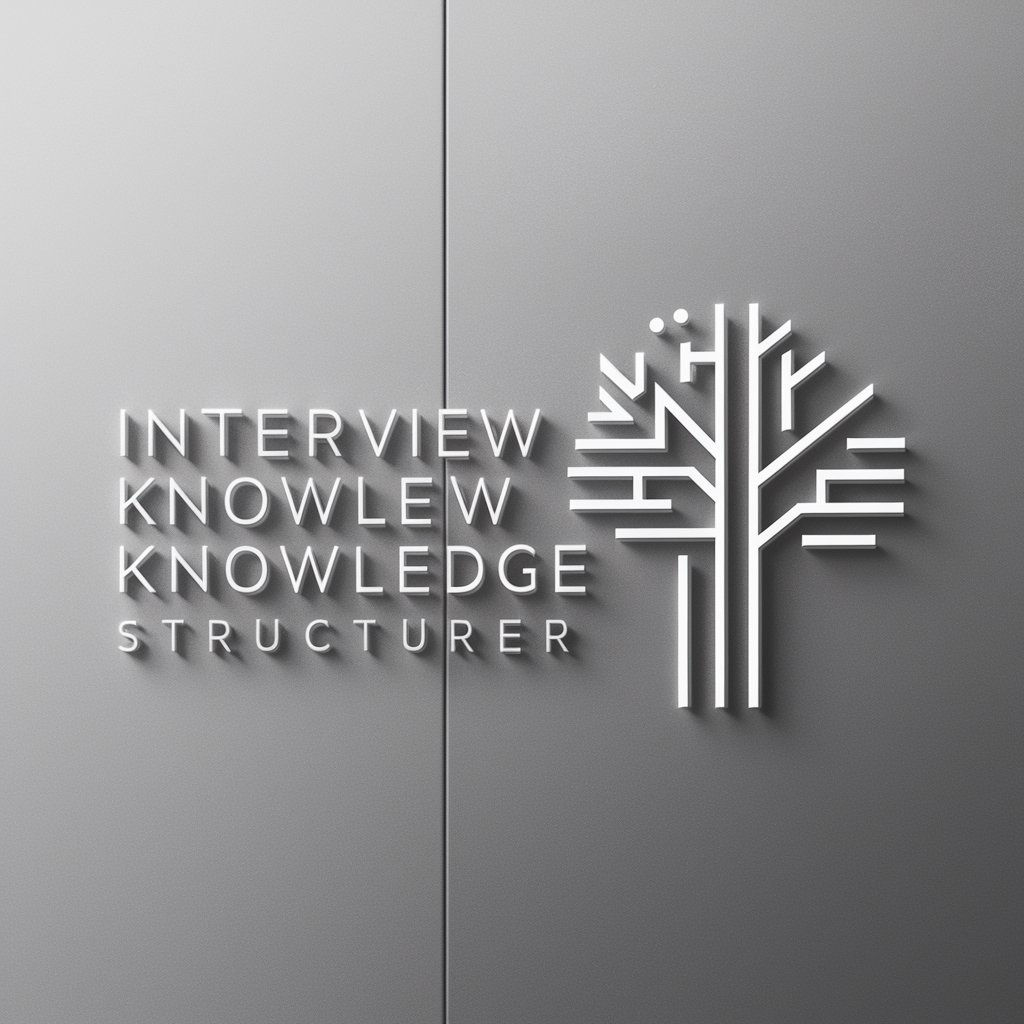7 GPTs for Knowledge Organization Powered by AI for Free of 2025
AI GPTs for Knowledge Organization are advanced tools designed to assist in the structuring, categorization, and management of information using Generative Pre-trained Transformers technology. These tools leverage AI to understand, generate, and organize data in ways that are both efficient and intuitive. They are especially relevant in fields that require the handling of large volumes of information, providing tailored solutions that can adapt to various complexities within the domain of knowledge organization. By harnessing the power of GPTs, these tools offer innovative approaches to data management, facilitating better decision-making and insights.
Top 7 GPTs for Knowledge Organization are: 文章内容精准提炼并生成思维导图助手,Crear mapas conceptuales,Diego: Tutor TiddlyWiki,MindMapIt,Obsidian helper and assistant,Obsidian Assistant,Interview Knowledge Structurer
文章内容精准提炼并生成思维导图助手
AI-powered content extraction and mind mapping

Crear mapas conceptuales
AI-powered tool for concept map generation.

Diego: Tutor TiddlyWiki
Empowering Your TiddlyWiki Journey with AI

MindMapIt
Visualize Ideas with AI

Obsidian helper and assistant
Elevate Your Notes with AI Power

Obsidian Assistant
AI-powered Obsidian Expertise

Interview Knowledge Structurer
Organize knowledge, ace the interview

Essential Attributes of AI GPTs in Knowledge Structuring
AI GPTs for Knowledge Organization are distinguished by their versatility and intelligence. Key features include natural language processing for understanding and generating human-like text, adaptability to different knowledge domains, and the capacity for deep learning to continuously improve data organization techniques. Special features may encompass language learning capabilities, advanced technical support, comprehensive web searching, creative image generation, and sophisticated data analysis. These characteristics enable the tools to manage information from simple cataloging to complex analysis and interpretation.
Who Benefits from AI GPTs in Information Organization
The primary users of AI GPTs for Knowledge Organization span from beginners seeking to understand data organization principles to developers and professionals aiming for advanced data management solutions. The tools are designed to be accessible to individuals without coding skills, while also offering extensive customization for those with technical expertise. This makes them ideal for a wide range of users, including academic researchers, business analysts, content creators, and IT specialists, who require efficient and effective knowledge organization solutions.
Try Our other AI GPTs tools for Free
Motivational Content
Discover how AI GPTs for Motivational Content can inspire and support your journey with personalized, adaptable, and impactful motivational messages.
Experimental Breakdown
Discover how AI GPTs for Experimental Breakdown can transform your analytical and problem-solving tasks with advanced AI, offering tailored solutions for a wide range of fields.
Results Interpretation
Discover how AI GPTs for Results Interpretation transform complex data into understandable insights, enhancing decision-making across various fields.
Cuisine Specific
Explore the world of Cuisine Specific AI GPTs: your digital sous-chef for recipe innovation, culinary insights, and personalized cooking guidance.
History Writing
Explore AI GPT tools for History Writing: advanced AI solutions transforming historical research, education, and content creation with tailored, user-friendly technology.
Travel Chronicles
Discover how AI GPTs revolutionize travel planning and experiences, offering tailored content, personalized advice, and seamless integration for enthusiasts and professionals alike.
Insights into Customized Solutions with AI GPTs
AI GPTs for Knowledge Organization offer a user-friendly approach to complex data management challenges. These tools are not only versatile in their applications but also provide interfaces that are easily navigable by users of all skill levels. Their integration capabilities mean that they can easily become a part of existing systems, enhancing workflows and increasing productivity without the need for extensive modifications.
Frequently Asked Questions
What are AI GPTs for Knowledge Organization?
They are AI-powered tools that use Generative Pre-trained Transformers to organize, categorize, and manage information efficiently.
How do AI GPTs improve knowledge management?
They leverage advanced AI to automate the structuring and analysis of data, making information management more intuitive and efficient.
Can non-programmers use these tools?
Yes, they are designed with user-friendly interfaces that do not require coding skills for basic operations.
Are there customization options for developers?
Absolutely, developers can access APIs and programming interfaces to tailor the tools to specific needs.
What makes AI GPTs unique in data organization?
Their ability to learn and adapt to various domains, understand natural language, and generate insights sets them apart.
Can these tools integrate with existing systems?
Yes, they are designed to be compatible with various platforms, allowing for seamless integration into existing workflows.
Do AI GPTs support multiple languages?
Many of these tools have multilingual capabilities, supporting a wide range of languages for broader accessibility.
What are the potential applications of AI GPTs in knowledge organization?
They can be used for academic research, content management, business analytics, and any other field that requires structured information management.